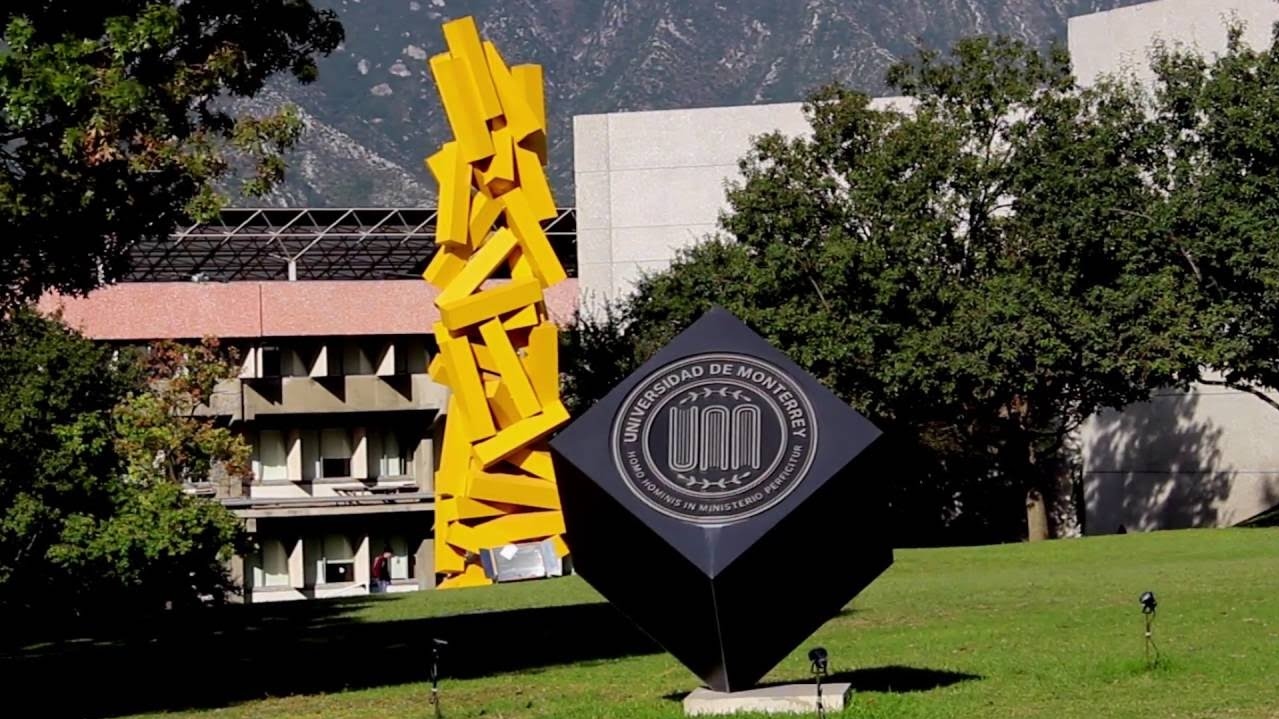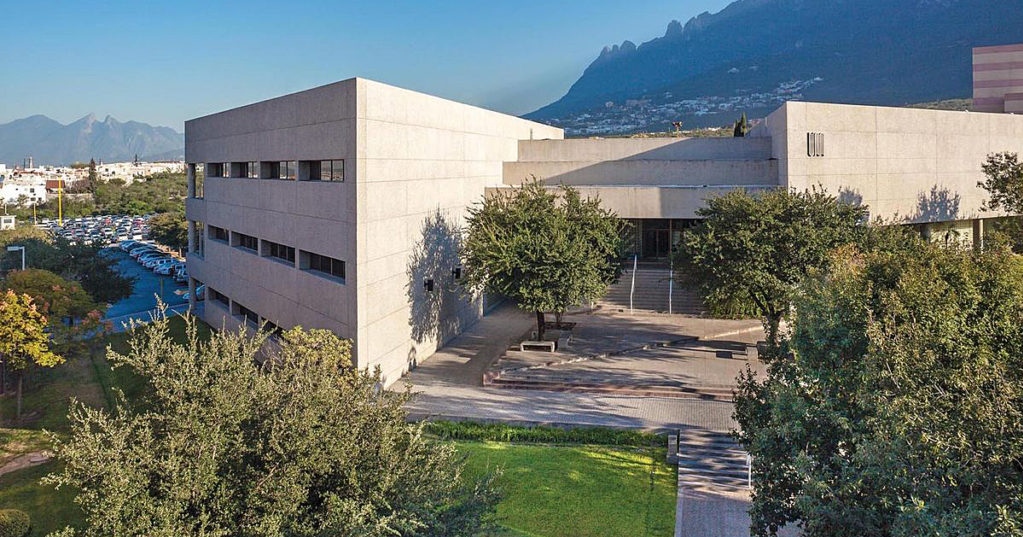The ABRE Center, University of Monterrey, Mexico

IAPRI members will be aware that, like so many international events, this year’s IAPRI event in Monterrey, Mexico, has had to be canceled. Many will also be planning to register instead for the Online Conference which ABRE and IAPRI have organized to replace it (registration from mid-May, availability from mid-June to the end of the year).
Part of Monterrey University (UDEM), the ABRE Center for innovation in packaging design opened its doors in 2011. It is one of 30 R&D centers in the Technological, Research and Innovation Park (PIIT) outside the city of Monterrey in the state of Nuevo León, explains ABRE director Fausto Brondo.
"Our mission at the ABRE Center is to improve the competitiveness of companies through improvements to the integral design of their packaging," he says. "In addition, ABRE facilitates the transfer of knowledge and experience across design and the evaluation of packaging both to graduate students in industrial design, marketing and international trade and to those studying for the Master of Packaging and Packaging Design degree offered at UDEM."
There are four main service areas covered by ABRE: packaging design; transport simulation; corrugated material analysis; and the Packaging Certificate program. The Center’s clients include brand-owners such as Mondelez, Lala, Lego, Steris, Metalsa, Femsa and Bimbo – across sectors from food and toys to electrical appliances.
"ABRE’s packaging design services support companies in cost-reduction projects, packaging standardization, sustainability, branding, retail design and transport optimization through packaged product analysis," says ABRE’s Cristina Guzman.
 The transport simulation lab evaluates the effectiveness of packages in protecting product, avoiding customer complaints and minimizing the risk of returns. The laboratory is certified to multiple International Safe Transit Association (ISTA) protocols and is equipped for the following tests: vibration; drop; shock; compression; inclined impact; and atmospheric conditions.
The transport simulation lab evaluates the effectiveness of packages in protecting product, avoiding customer complaints and minimizing the risk of returns. The laboratory is certified to multiple International Safe Transit Association (ISTA) protocols and is equipped for the following tests: vibration; drop; shock; compression; inclined impact; and atmospheric conditions.When it comes to corrugated materials, edge crush tests (ECT), box compression tests (BCT), Mullen, Cobb, friction and puncture tests are all available.
Recent design projects include one for home-delivery packaging for French fries. "The principal design premise was that the package should preserve the temperature and crispness of the product for a duration of 30 minutes," explains project manager Aleisa Martinez. Two proposals were developed for consumer sensory testing, with those tests reflecting probable real-world conditions and quality.
At UDEM as elsewhere, growing demand for online sales and home delivery has affected the focus of many packaging projects. According to Martinez, many companies are adapting their packaging to withstand the conditions of this distribution channel. "Such was the case with the project for a bathroom cabinet company, beginning with the redesign and standardization of packaging for three components, subsequently increased to six," she says. The resulting packs passed an Amazon test protocol, improving the performance of this type of shipping while also maintaining packaging costs at previous levels.
The training area of the ABRE Center is focused on progress towards a Certificate in Packaging. "The Certificate aims to train those responsible for packaging to make better decisions regarding the purchase, evaluation, care and optimization of these materials." "Some of those training topics are: packaging materials; corrugated cardboard; wooden pallets; flexible packaging; packaging design; cost reduction; and sustainability," explains Brondo.
The Center has seen constant growth in demand for all its services since its creation in 2011, he adds, and is self-sustaining, generating profits for the university, while also extending the knowledge and experience of those conducting packaging research at all levels.
https://pure.udem.edu.mx/en/equipments/center-for-innovation-in-the-design-of-packaging-abre